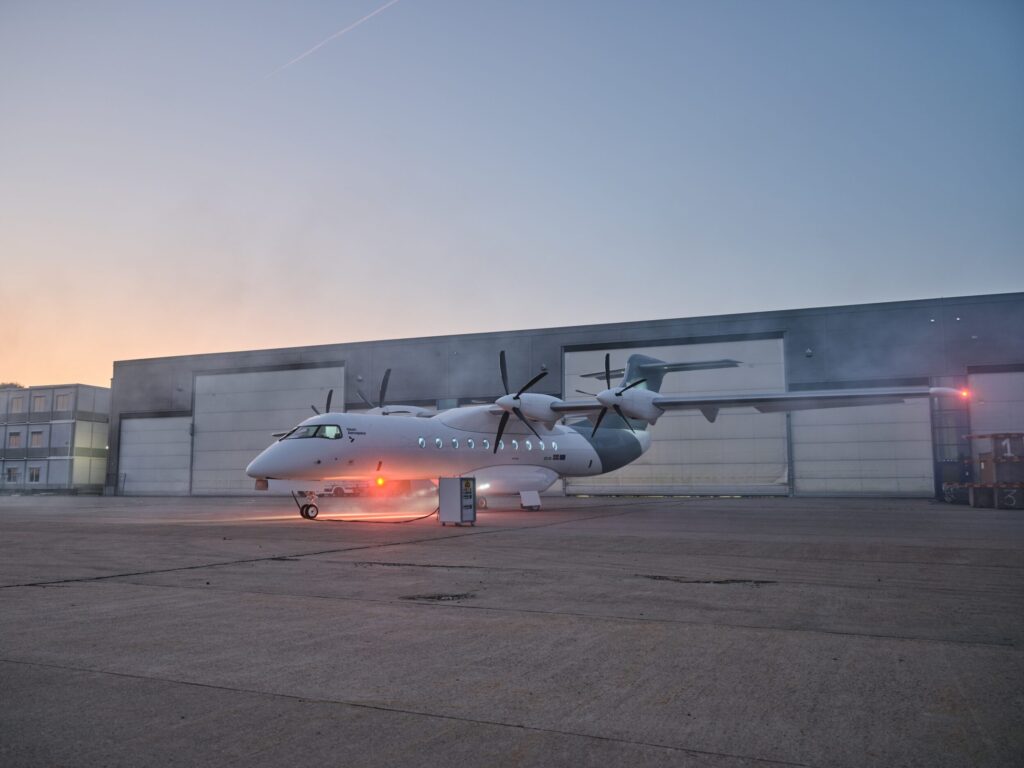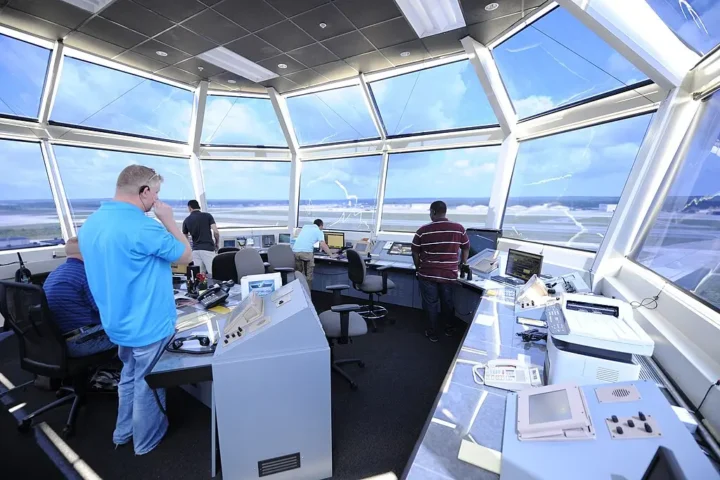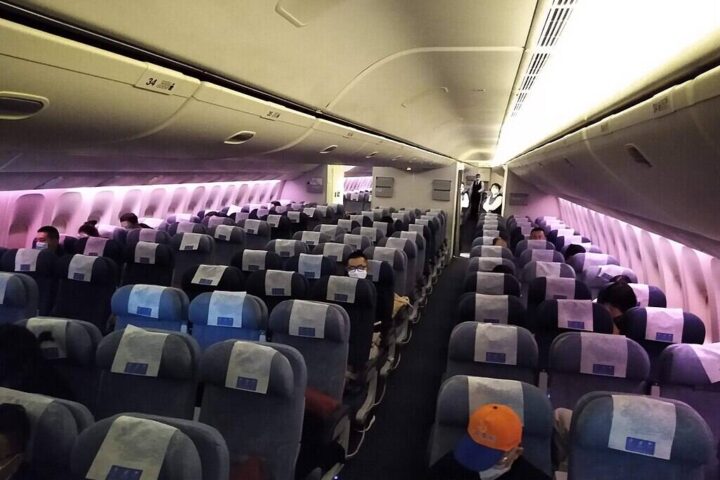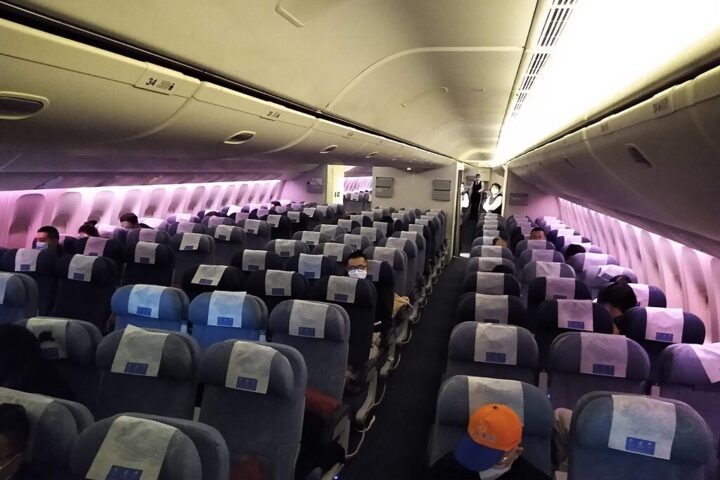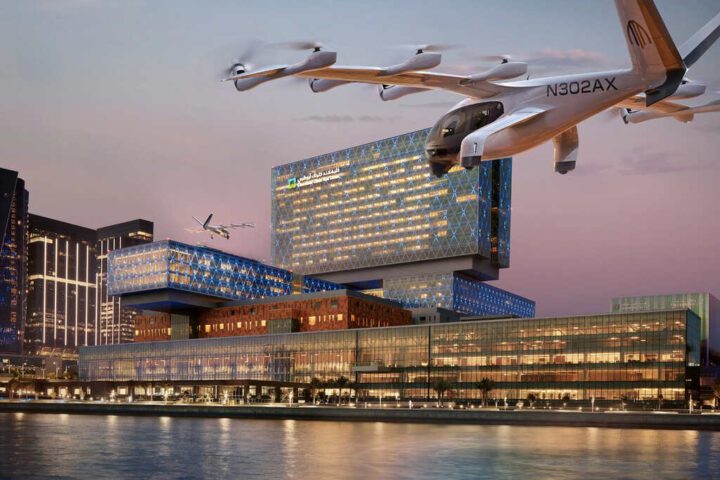Swedish startup Heart Aerospace has unveiled its first full-scale electric aircraft demonstrator, the Heart X1, marking a step forward in developing its ES-30 hybrid-electric regional aircraft. The unveiling took place at the company’s Hangar Day event in Gothenburg, Sweden, showcasing a 32 meter wingspan aircraft that serves as a precursor to the 30-seat ES-30. The target for type certification is set for 2028.
The Heart X1, built in-house in under two years, demonstrates the company’s approach to concurrent design and production process development. Anders Forslund, co-founder and CEO of Heart Aerospace, stated, “Our industry is nearing a 30-year innovation cycle, and we have less than 25 years to decarbonize aviation. We need to accelerate the development of net-zero aerospace technologies to bring them to market faster.”
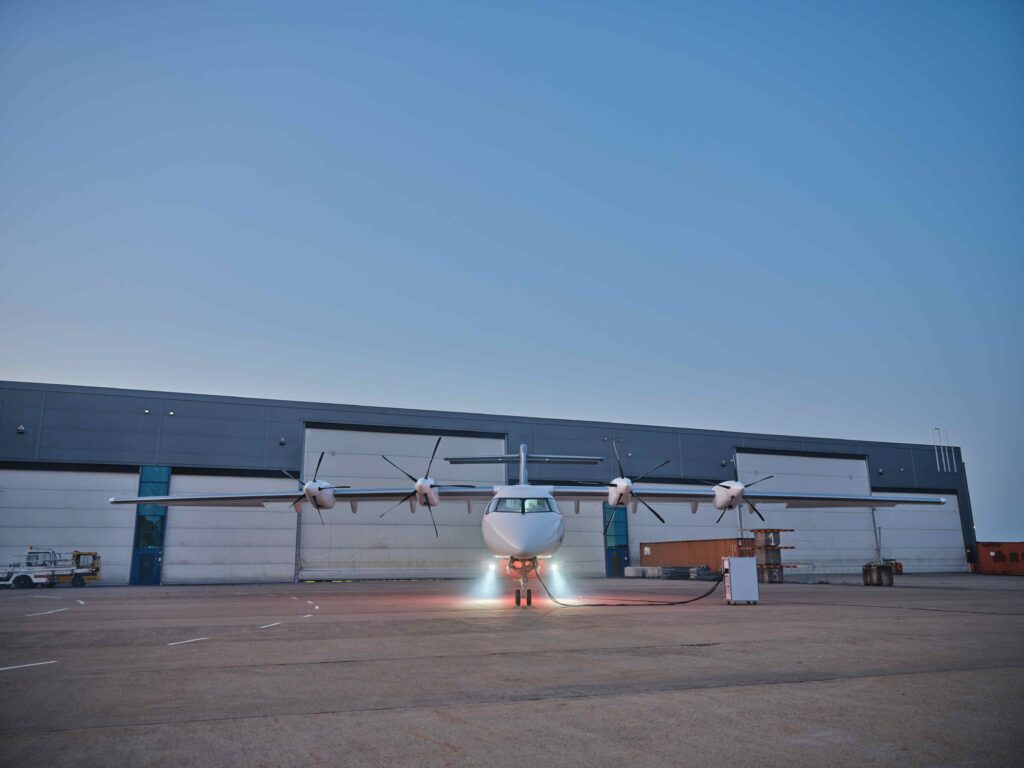
The ES-30 uses an “independent hybrid” system, with a large battery in the rear fuselage powering two electric motors for takeoff and landing. Two turboprop engines on the wings can be activated for longer flights or when additional power is needed. This design allows for all-electric flights up to 200 kilometers, extending to 400 kilometers in hybrid mode or 800km with reduced seating.
Heart Aerospace claims the ES-30 can reduce emissions by up to 50% on 400-600 km flights compared to current turboprops. The aircraft can accommodate 30 passengers, each with up to 25 kilograms of luggage, comparable to current regional aircraft.
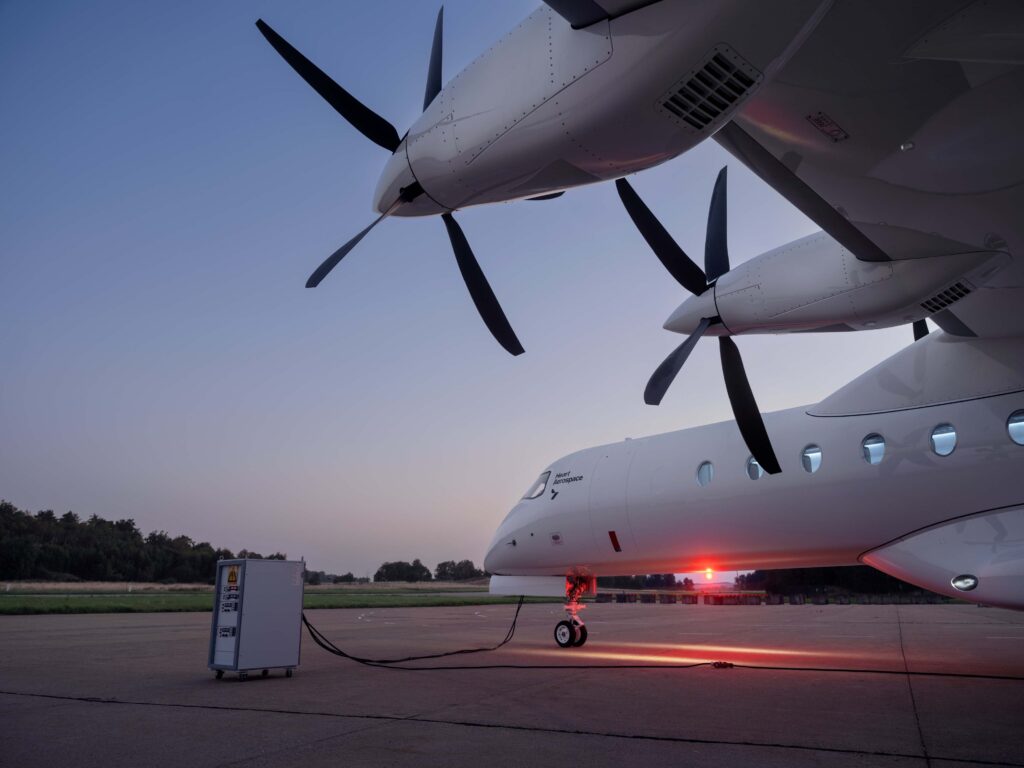
Several airlines, including SAS, Air Canada and United Airlines, have placed orders for the ES-30. Two notable partnerships are with JSX and Loganair, the UK’s largest regional airline.
Similar Posts
JSX signed a Letter of Intent for up to 100 ES-30 aircraft. Alex Wilcox, JSX CEO and co-founder, said the order “exemplifies our commitment to customer-friendly, carbon-reducing solutions that will offer the lower costs essential to providing vital air service to small communities across the country.”
Simon Newitt, Heart’s President and Chief Commercial Officer, emphasized the significance of the JSX partnership: “The ES-30, with its competitive economics and green credentials, fits very well with JSX’s vision, and we see not only the opportunity to reconnect many regional routes lost over the years, but also open many more new ones.”
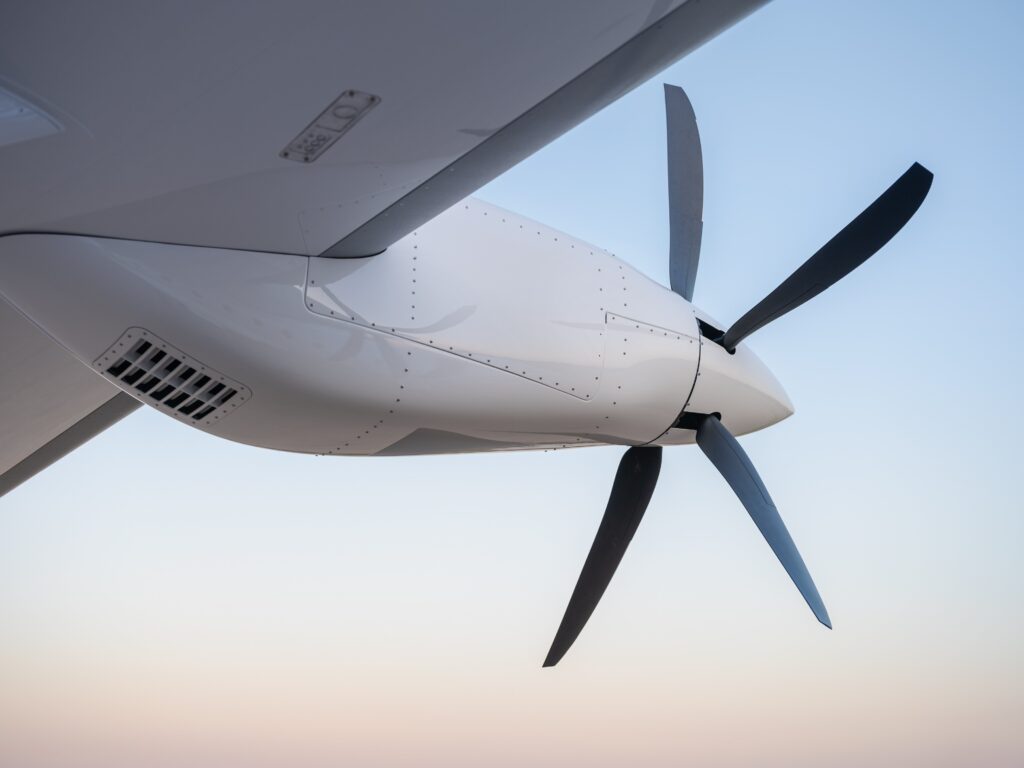
Loganair has entered into an exclusive partnership withH Heart Aerospace. Luke Farajallah, CEO of Loganair, drew parallels between the evolution of electric aviation and the automotive industry, suggesting that aviation might follow a similar path from hybrid to fully electric solutions.
Heart Aerospace was recently awarded a $4.1 million grant under the Federal Aviation Administration’s (FAA) Fuelling Aviation’s Sustainable Transition (FAST) program. This funding will support the development of a management system for Heart’s hybrid propulsion system, specifically a control system called the Hybrid Propulsion Automated Control System (HPACS).
The company recently opened an R&D hub in Los Angeles, expanding its presence in the American market and collaborating with U.S.-based aviation experts and regulators.
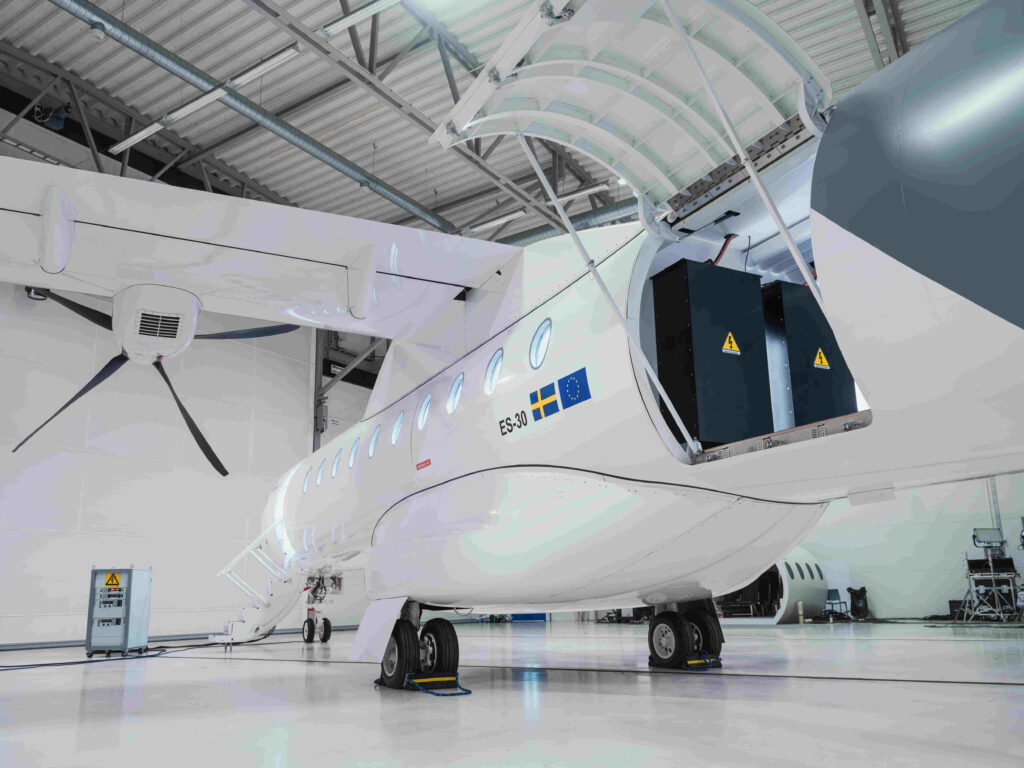
Heart Aerospace aims to have the ES-30 certified by the end of the decade. The company plans on progressing to produce 100-seat aircraft serving major urban short-haul routes in North America and Europe.
The Heart X1 will initially be used for ground-based testing, including charging operations, taxiing, and turnaround procedures. These tests will pave the way for the first electric flight in 2025. Over the coming months, Heart Aerospace will test critical systems by running hardware tests on and off the aircraft.
The development of the Heart X1 has been partially funded by the Swedish Innovation Agency, Vinnova, highlighting the collaboration between industry and government to accelerate the development of sustainable aviation technologies.
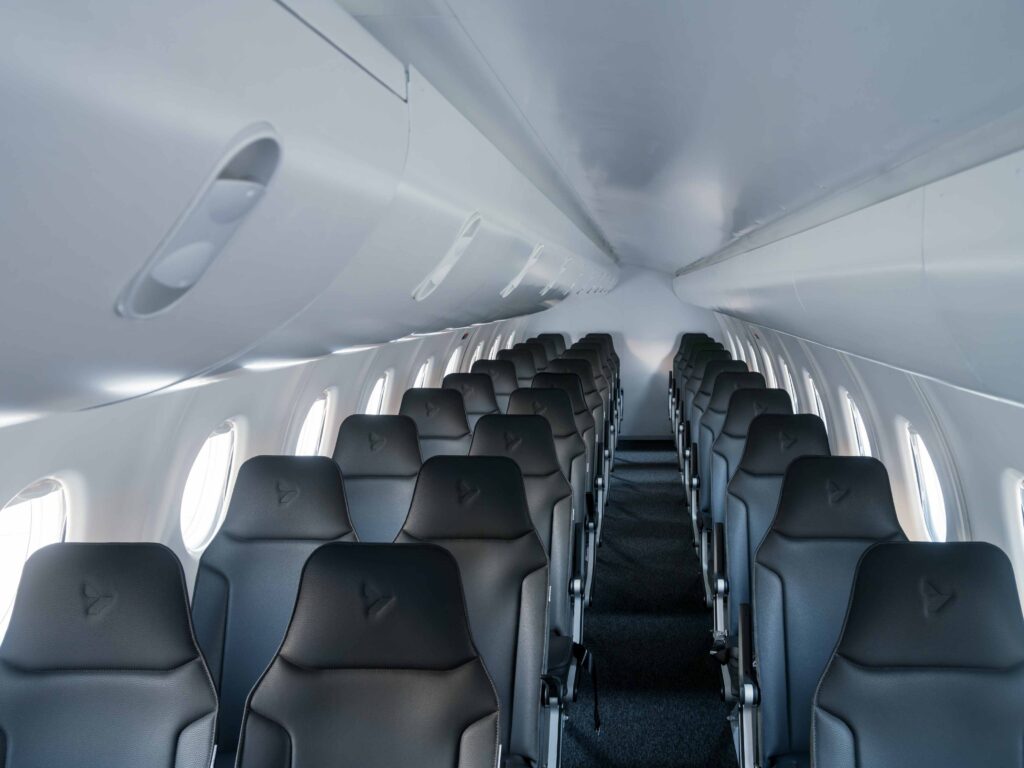
Ben Stabler, Chief Technology Officer at Heart Aerospace, said, “Developing innovative net zero aerospace technologies demands a revolution in product development and manufacturing, much like what we’ve witnessed in the automotive and space industries.” The company is working to integrate advancements in composite manufacturing, automation, and non-destructive inspection to create an efficient, data-driven assembly line.
Heart Aerospace is now focused on developing its pre-production prototype, the Heart X2, scheduled for a hybrid flight in 2026. The company aims to establish a pilot manufacturing plant to accelerate prototyping and drive toward the production of a fully conforming aircraft.
The ES-30’s development represents a shift in regional air travel, offering an environment friendly alternative to traditional aircraft while maintaining efficiency for short-haul routes.
